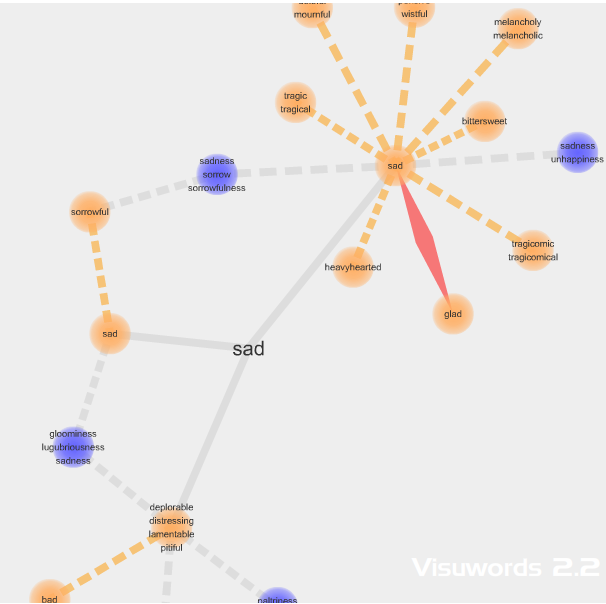Whether you’re a professional writer or just compose the occasional email, you need a good dictionary. One with a thesaurus. The dictionary is to make sure you’re spelling words right and words mean what you think they mean; the thesaurus is so you can find the right adjective to express just how sad you are about Derrick Rose’s ACL.

My favorite online dictionary is The Free Dictionary. It pulls from theAmerican Heritage Dictionary of the English Language, which is reputable. It displays the dictionary and thesaurus entries on the same page so I don’t have to bounce back and forth. I also like that it often includes usage notes, which are helpful when you’re trying to explain to someone why “utilize” is just a poofy substitute for “use.”
Other online dictionaries? Dictionary.com is fine—not a huge fan of their interface. Merriam-Webster’s online dictionary, m-w.com, has turned into an ad-ridden hellhole. I’ll also occasionally use Visuwords, a free visual dictionary, if I’m blocked and need to think about words differently for awhile. If you have a word on the tip of your tongue and can’t quite summon it, this reverse dictionary lets you type in a meaning to search for the word. Not terribly accurate, though. And for you true word nerds out there, there’s the Online Etymology Dictionary, a truly interesting compendium of word origins and meanings.






